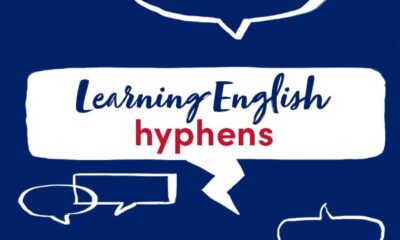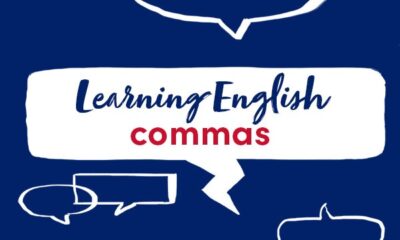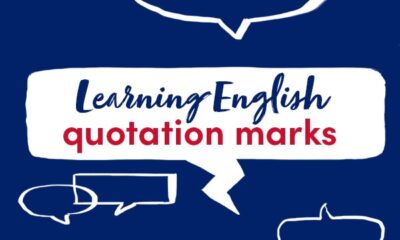Our first learning English article explained how to greet people correctly.
When you are talking to people, you will probably want to tell them some things about yourself.
To say what your name is, use I’m … or, in a slightly more formal situation, My name’s … .
Hi, I’m Tariq – I’m a friend of Susi.
I’m Paul – I’m your teacher.
My name’s Johann.
My name’s Yuko – I’m Kazuo’s sister.
If you want to say how old you are, use I’m … . You can just say a number, or you can add … years old after the number.
I’m twenty-two.
I’m thirty-seven years old.
We generally don’t usually ask adults their age. If you want to ask a child their age, use How old are you? .
To give general information about yourself, use I’m … .
I’m a friend of Paolo’s.
I’m married.
I’m interested in old cars.
To talk about your work, use I’m … with the name of a job, or I work … to say something more general about what you do.
I’m a doctor.
I’m a bus driver.
I work for an oil company.
I work in Paris.
I work as a translator.
If you want to ask someone what their job is, use What do you do?.
To talk about where you live, use I live … or I’m from … . I’m from … is also used to talk about where you were born and lived as a child, even if you do not live there now.
I live in Wales.
We live near Moscow.
I’m from Poland, but I live in Paris now.
We’re from Manchester.
To ask someone where they live, use Where do you live? or Where are you from?.
Useful words
an adult: a fully grown person
married: having a husband or wife
Come back next time, where we will be looking at how you can ask people for information.



